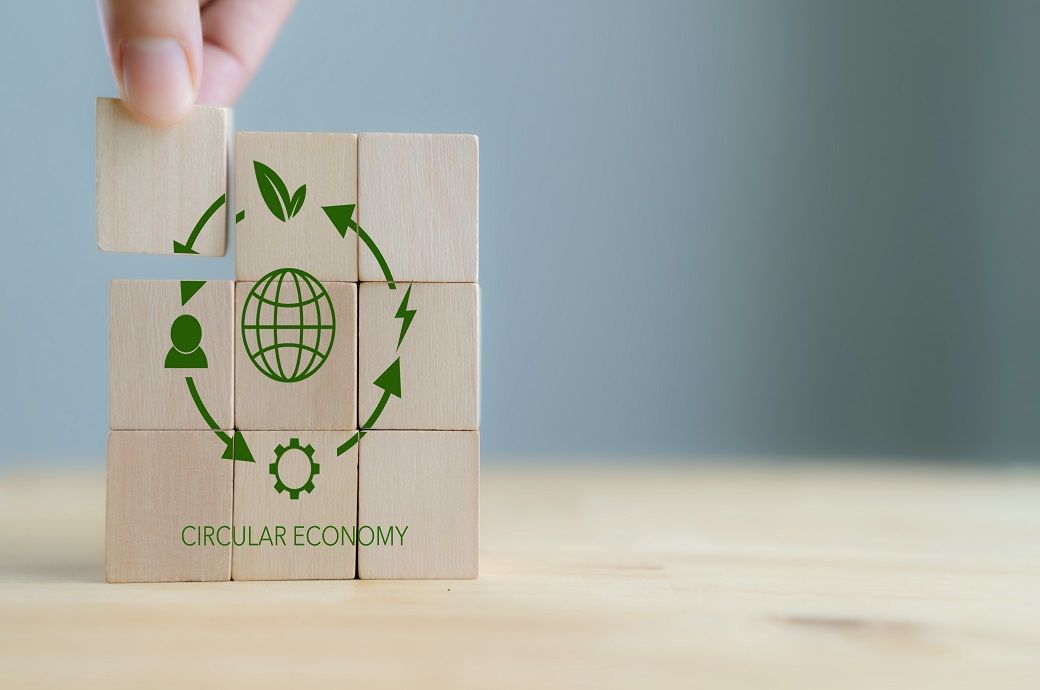
According to media reports, speaking at the biennial Conference of the Bangladesh Economic Association recently, Ferdaus Ara Begum, CEO of BUILD, emphasised Bangladesh’s need for policy support to develop a circular economy, crucial for sustaining readymade garment (RMG) exports to the EU and addressing future challenges even as she highlighted the EU’s push for a carbon-neutral supply chain and impending carbon taxes on goods.
EU initiatives like the Digital Product Passport and Eco-design for Sustainable Products Regulation underscore the growing emphasis on circularity. While Bangladesh’s apparel exports currently evade risk, inclusion in the EU’s circularity regulations could occur anytime, necessitating proactive preparation.
With RMG exports playing a vital role in Bangladesh’s economy, EU regulations on circularity demand attention.
The EU’s Green Deal targets a climate-neutral textile industry, transitioning towards a circular economy promoting product reuse through recycling.
Begum stressed the alarming waste generation in Bangladesh’s garment sector and the imperative to enhance resource recycling for competitiveness and sustainability. She warned of the risk to Bangladesh’s EU market access without circularity integration into policy, advocating for producer responsibility in post-sale recycling.
The garment and textile sector’s substantial contribution to Bangladesh’s GDP, employment, and poverty reduction underscores the urgency for policy reform. However, high VAT rates hinder local recycling initiatives, necessitating policy advocacy for sustainable practices.
The BUILD CEO urged exploring waste management projects at dispersed textile factory locations and conducting comprehensive feasibility studies even as embracing circularity in policy and practice is vital for Bangladesh's economic resilience and continued EU market access.
A private sector thinktank, BUILD is Bangladesh’s first ever national public-private dialogue platform to promote private-sector development through policy reforms that strive to uplift Bangladesh’s business and investment climate.
ALCHEMPro News Desk (DR)
Receive daily prices and market insights straight to your inbox. Subscribe to AlchemPro Weekly!